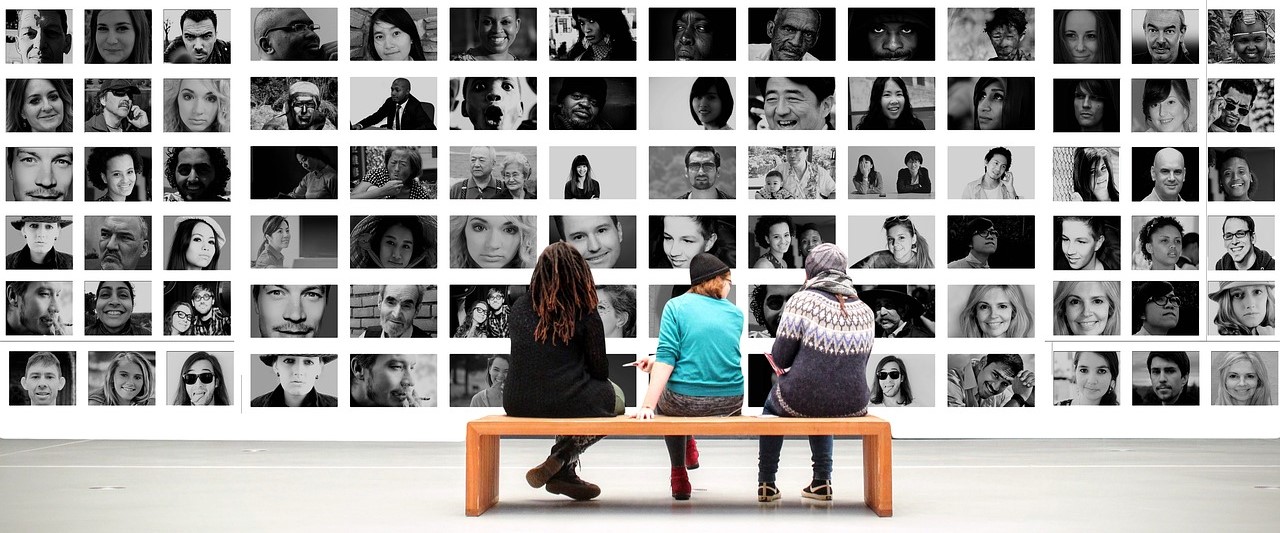
Wits Language Policy
The University of the Witwatersrand, through the Senate and Council, adopted a new Language Policy in 2015 aimed at promoting creativity, selfhood and cognition through linguistic diversity.
The principles and values underlying the Wits Language Policy can be said to reside in the importance of:
- unlocking cultural understanding,
- enhancing access to knowledge,
- producing multilingual graduates and professionals,
- improving teaching and learning, communication, research and administration, and
- demonstrating respect for language and cultural diversity.
The languages chosen by the Wits community are English, isiZulu, Sesotho and South African Sign Language. The Language Policy sets out cogent reasons for the adoption of these languages as languages of the Wits community.
The Language Planning and Development Board (LPDB) is responsible for the implementation of the Wits Language Policy.
Why do we need to learn other languages?
The world is becoming increasingly multilingual rather than less so. Standing quietly on a street corner in Johannesburg, Nairobi, Delhi or Paris you will hear a multitude of languages and accents and realise that you are at clear disadvantage if you can speak only one.
You may argue that, as the dominant world language, English is spoken by most people and there is therefore no need to learn other languages. Just think of what you are missing: If you spoke more than one language, you would have access incrementally to more ideas, more knowledge, more humour, more creativity and more socio-cultural exchange.
Linguistic diversity is a resource not an obstacle. It provides scope for diversity, creativity and selfhood.
People who speak a second or third language are likely to have better listening skills, sharper memories and to be more creative and flexible when solving complex problems. In short they display more developed cognitive skills. Yes this is what learning a language can do for you. You will be better at understanding different perspectives, more perceptive and more resistant to conditioning.
In the same way that English has developed and grown through contact and interaction, we as individuals need to deepen our knowledge of other languages and cultures to develop and grow.
